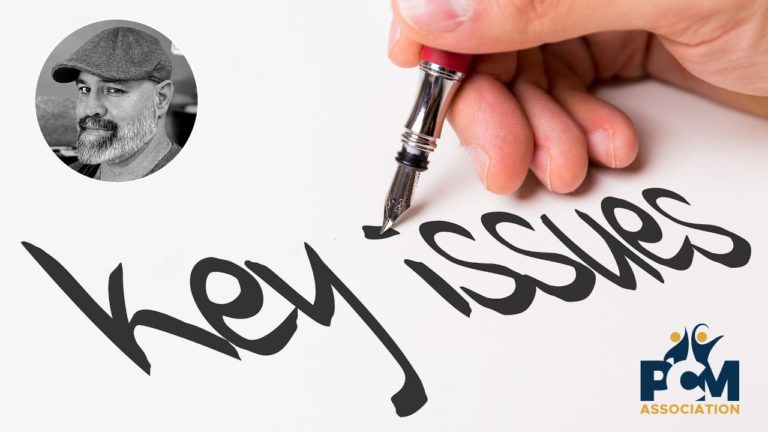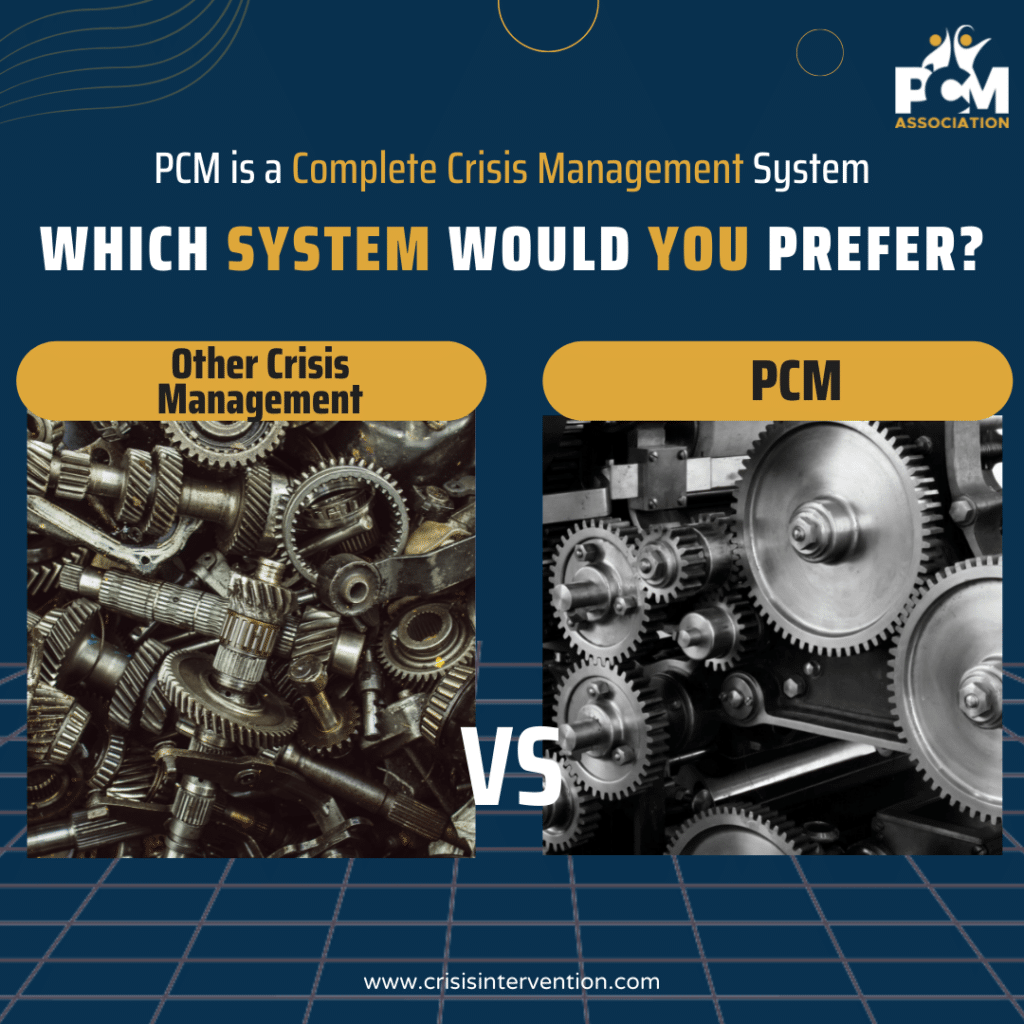Rapidly Reduce Behavior Problems with the Six Ates!
How would you like to quickly reduce or eliminate minor behavior problems? How about bring even more severe problem behaviors temporarily under control until a formal assessment and behavior plan can written? If this sounds like something useful to you then read on about antecedent manipulations and the 6 “Ates.”
When working with persons with special needs we must often deal with behavior problems. Very often, these problems are quite serious the therapist might have to do a full functional assessment. This might include collecting data and interviewing staff and can take lots of time.
Sometimes behavior problems aren't severe enough to require a plan. In other cases behavior problems may be quite severe and do require a formal plan, but something must be done now. In either case, sometimes some quick "antecedent manipulations" can be used. These strategies could either eliminate mild problem behavior or at least minimize more serious problem behavior until a behavior plan can address it.
"Antecedents" are just those events that happen just before the behavior that causes it to happen. Not that these antecedents are the only causes of behavior, just the very last thing that happened before the behavior or that “set the person off.”
When clinicians make antecedent manipulations, they are just changing what comes just before the behavior in some way. If you’ve ever chosen your words carefully to avoid upsetting someone, you’ve just performed an antecedent manipulation, congrats!!!
You’ll note that the person you avoided upsetting didn’t learn anything at all. You changed your own behavior by choosing your words carefully. Sometimes when it's extreme we call it “walking on eggshells." Of course choosing your words carefully is only one kind of strategy.
The “Six Ates” refers to six categories of antecedent manipulations that are used to keep stable people stable. They also help individuals cope with things that upset them (aversives). By the way, these strategies are useful for everyone, not just persons with special needs.
THE SIX ATES
- Procrastinate
- Eliminate
- Terminate
- Compensate
- Acclimate
- Tolerate
The acronym for the Six Ates is “PET CAT”
Procrastinate
"Procrastinate" is just avoidance behavior. We all do it, but we try to do it responsibly. Everyone puts off doing things at one time or another. It’s not always the best thing to do, but most of us love having the freedom to prioritize things.
What’s important is to teach people how to procrastinate appropriately because they are likely already doing it inappropriately. If a student swipes all the materials off the table when the session begins, he has already learned how to procrastinate…just not appropriately.
Procrastination must be taught with limits of course as we don’t want our clients and students putting things off until 2025. As an example it can be structured, “You can put off math 3 times for 5 minutes each but then it must be done.”
Being able to appropriately put things off, even for a short time, can be very valuable to people and help to keep them stable. You can’t “evit” the inevitable, put at least you can put it off for a short time.
Eliminate
"Eliminate" is something that you can do for the individuals you are working with. Unlike procrastinate, with the “eliminate” strategy the individual is not learning anything at all. Not even how to appropriately put things off. It’s more like a service that staff/teachers/parents provide for the individual.
It’s important to avoid going overboard with the "eliminate" strategy because it sometimes so simple to do. Because it's so easy, you can “paint yourself into a corner” that you cannot easily get out of. That is, things that bother the individual are removed so often it ends up restricting where they go and what they can do.
Terminate
"Terminate," it’s not just for Arnold Schwarzenegger. This is more like a traditional "replacement behavior." This is a good strategy for when the individual wants to escape from a task/demand but is using problem behavior to do it.
The individual is taught how to make something stop in an appropriate way. If a young child screams when presented with broccoli, they might be prompted to say, “no thank you” and then remove the broccoli (yes even though they should eat it).
Eventually it’s good to teach people that sometimes they can't make an event stop. Thankfully, there are other strategies to turn to when something simply can’t be terminated. Once such strategy is compensate.
Compensate
"Compensate." Yes, nothing makes a bad thing suck less like mo’ money. You heard the words here first, but the concept should be familiar to you. For this strategy we give access to what is (normally) a reinforcer during the event that the individual has to endure (video game during a long bus ride).
By the way, restaurants invented this strategy, not behavior analysts! That’s why they give your children a kid’s menu and a small package of easily broken crayons to keep them busy until food arrives. They don’t given your children crayons because they “deserved them” due to their earlier good behavior. The crayons are simply available while you are waiting. Compensate. Here's another example:
“Yes, everyone must help with the chores today, but while we are working, we get to jam out to everyone’s favorite playlists!” Compensate. Clients/students don’t have to “earn” anything. It is freely available as long as the current requirements are being met (everyone is quiet, everyone is working, everyone is reading, everyone is waiting patiently, etc.).
As the situation becomes harder to take, the level of compensation may have to be increased quite a bit.
Acclimate
"Acclimate." This strategy takes full advantage of our adaptability! The behavioral process is called “habituation,” but we are talking about the same thing. One way for people to learn to cope with things that bother them is not to avoid these events, but to be exposed to them repeatedly. What kinds of events are we talking about getting used to? Normal everyday things that any of us might face.
It is generally true that as people are exposed to bothersome events that they can "habituate" to them or acclimate to a new altitude or temperature. We don't acclimate to all things presented repeatedly, but especially to those things that break old conditioning (learning).
As an example, if a student becomes very agitated when their paper is corrected it doesn’t mean we should never correct the paper again. It means we need to correct many papers over and over without anything bad happening to the student (that is, the student doesn’t have to do the entire worksheet again)
If the student in this example had a long, frustrating history of having to do work over again after being corrected, it may take a long for him to “acclimate” to the correction even if the new teacher never asks him to redo his work.
When trying to get someone to acclimate, to almost anything, it’s important to not “ask too much too soon.” This means start with baby steps. If a student has problems with accepting critical feedback, start with the tiniest critical remark or use the ever-popular “praise sandwich.” To make a praise sandwich you need the following ingredients:
1) Start by praising something that was done well,
2) make a teeny tiny critical remark about something done poorly,
3) Give giant praise about the overall work when you finish.
This praise sandwich demonstrates how you might slowly introduce critical remarks so that the student will acclimate. Would you like some fries with that?
Tolerate
"Tolerate" is easily the toughest of all the strategies. Tolerating means the individual has to stay calm even though they're having a rough time. As an example, a student is on a very noisy bus ride and loud noises can sometimes cause them to go into a crisis.
Everyone can tolerate at least a little bit of something, but it's good to look at tolerating as a skill. You can be good or bad at it, just like baseball. Also it's good to think of tolerating as something gets used up over time. That's why your mother said "You are on my LAST nerve mister!" She was letting you know she was running low on tolerate.
How is Tolerate Different From Acclimate
Tolerate is very different from acclimate. With acclimate, soon you don’t even notice what used to upset you, like cold water when you first get in. Tolerating an event means that you've never fully adjusted to it and it's been upsetting you from start to finish. If you were really mad but you kept your sh#@ together? Congratulations, you just tolerated
Persons with special needs, especially those who are younger and maybe non-verbal tend to tolerate things less well. Everyone can learn to tolerate things better, with limits of course, but everyone can improve. At first, individuals may only be able to tolerate certain things for a few seconds, but eventually this may turn into minutes.
Other strategies from the 6 Ates can be used with Tolerate. One of the most popular is Compensate. It’s far easier to tolerate a long wait if you have your phone and some good headphones isn’t it? Or maybe a snack? Also a little bit of acclimate can happen the more you try to tolerate!
None of us can tolerate everything, and even with the things that we can tolerate, we can’t do it forever. It’s just the nature of tolerating, but all of us can get better at it!

